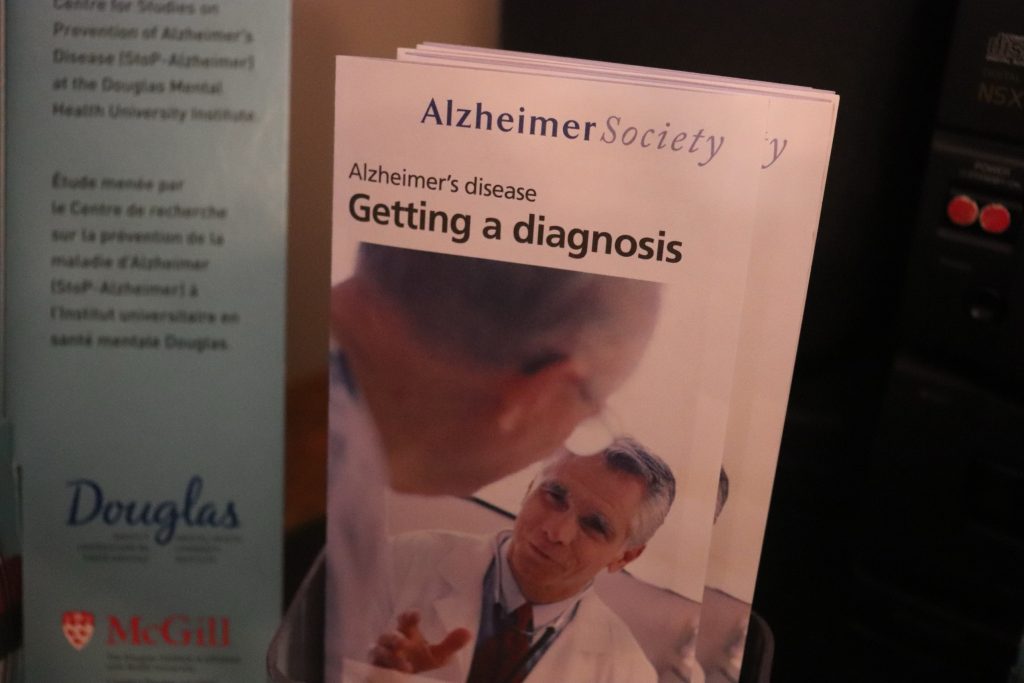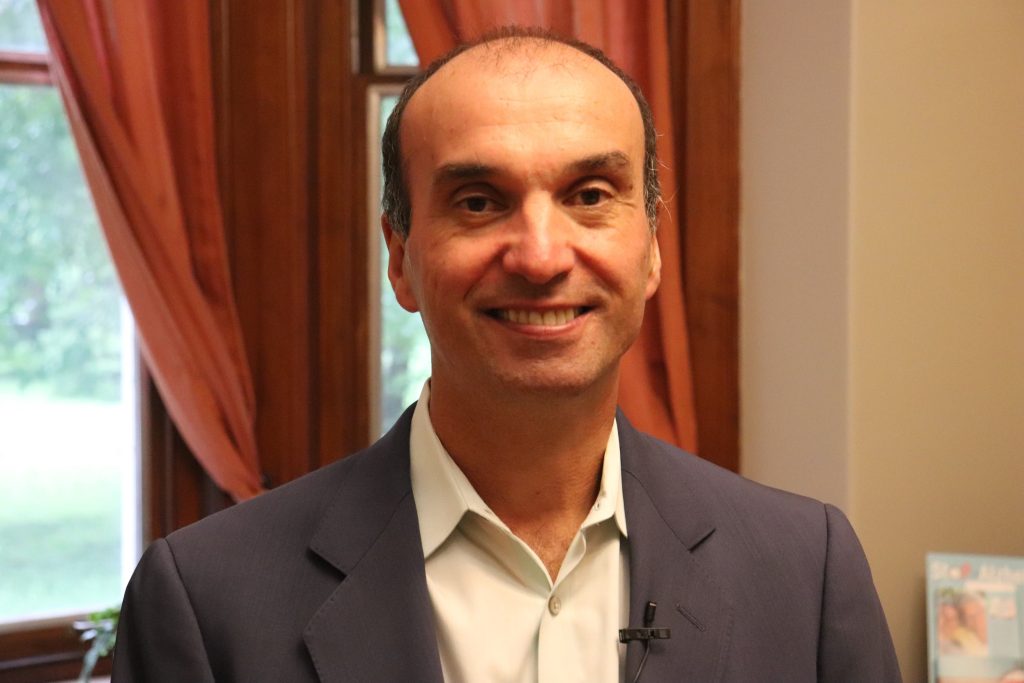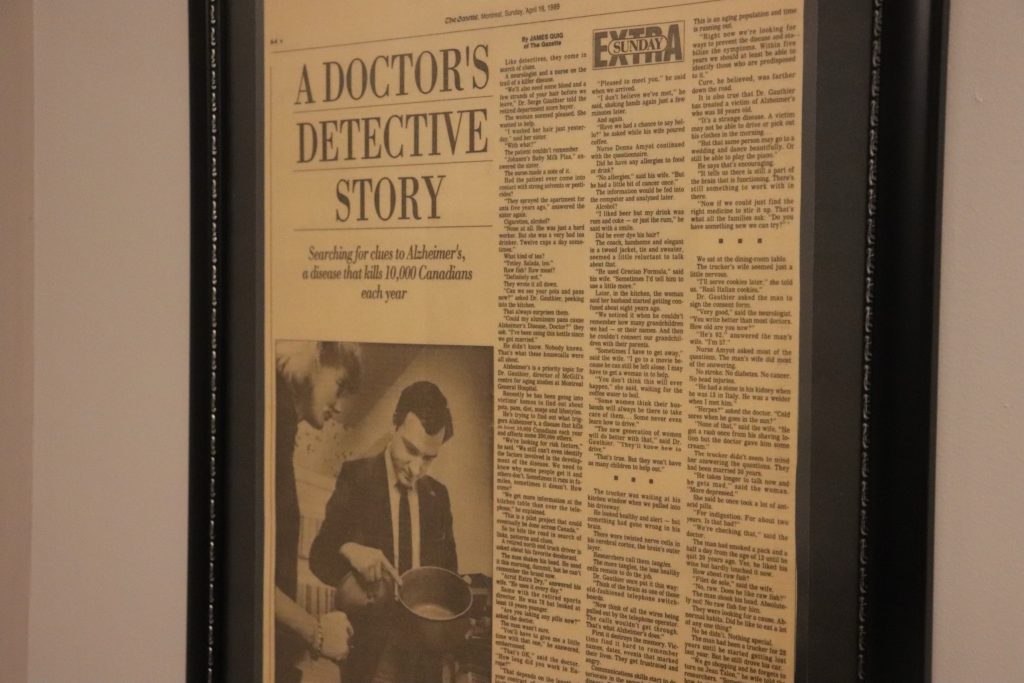‘Important to increase awareness’: Today is World Alzheimer’s Day
Posted September 4, 2024 1:58 pm.
Last Updated September 21, 2024 12:15 pm.
Forgetting why you walked into a room or where you stored something is a common, and at times frustrating, experience.
While it is usually normal, excessive memory slips might be a sign of dementia — a disease that hundreds of thousands of Canadians are living with.
The Alzheimer’s Society of Canada estimates that number to be over 733,000, and it’s projected to skyrocket to 1.7 million by 2050.
This is why World Alzheimer’s Month is observed globally every September — a time reserved to raise awareness — and Sept. 21: World Alzheimer’s Day.

“It’s very important to increase awareness of Alzheimer’s disease in Canadian population,” said neurologist, Dr. Paolo Vitali. “It’s really a disease that affect a lot of people unfortunately.”
“I think it’s important for me and for professionals working in this field to help people recognize the first symptoms,” he added. “And to treat them appropriately as soon as possible.”
The Alzheimer’s Society of Canada says there is hope – that together, we can take action to reduce our own risk of dementia.

Dementia doesn’t refer to one, specific disease — the overall term is for a set of symptoms that are caused by disorders affecting the brain, including Alzheimer’s disease –- the most common type, which has no cure yet.
Dr. Vitali says it’s important to know the warning signs – to ensure an early diagnosis.
“The classic form of Alzheimer’s disease is characterized by memory issues,” he explained. “People tend to forget, tend to have difficulties remembering new things.”
- Memory changes that affect day-to-day abilities
- Difficulty doing familiar tasks
- Changes in language and communication
- Disorientation in time and place
- Impaired judgment
Early diagnosis, Dr. Vitali explains, can help one access the right support, early symptomatic treatments, and legal protection.
But what about prevention?
“Prevention yes, it’s very important to talk about prevention,” he said. “I think it’s fundamental.”
“There are for sure a lot of preventive factors we can be adopted early in life,” he added.
While some risk factors can’t be changed – like age- being physically active daily, drinking less alcohol, getting quality sleep, quitting smoking and staying socially active are also ways to take action.

According to the Alzheimer’s Society of Canada, social isolation later in life is said to increase the risk of dementia by an average of 60 per cent.
Adding that dementia is not a normal part of aging, but that age is the strongest known risk factor for the disease.
“The older you become” they wrote on their website. “The higher the risk.”
After 65, the risk of developing Alzheimer’s disease doubles approximately every five years, they said. “With one in four Canadians over 85 having Alzheimer’s disease.”
World Alzheimer’s Day is observed on Sept. 21 — a way to show support for people living with dementia, their caregivers, and families.
“This is actually a disease that can be somehow modified,” said Dr. Vitali. “We should act on things that we have the control.”
The experiences of people who live with dementia certainly do not end after World Alzheimer’s Month ends.
The Alzheimer Society of Canada encourages to continue raising awareness throughout the year — something they hope you don’t forget to do.
“We want to increase the awareness,” said Vitali. “This is important.”








